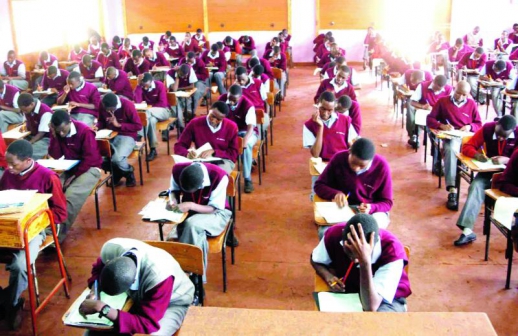×
The Standard e-Paper
Home To Bold Columnists

Examinations authorities are pushing for enforcement of laws that will land exam cheats a jail sentence of up to 10 years.
This is part of reforms introduced to contain examination fraud. It will be a stiffer penalty compared to previous years when cheats would only forfeit their results.